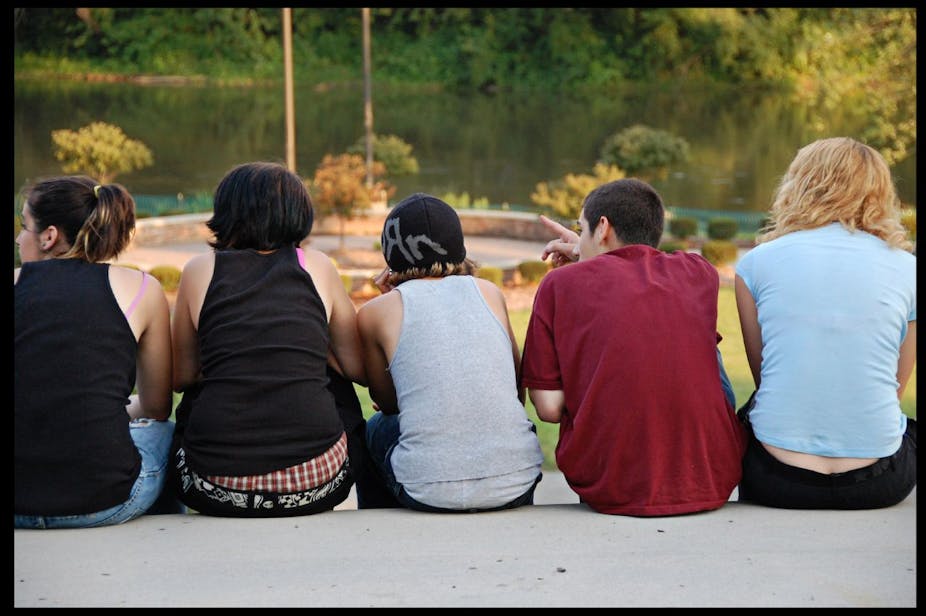Ethics by their very nature are tricky – if the morally right thing to do was clear-cut, we wouldn’t need to have ethical deliberations. Perhaps one of the most enduring ethical dilemmas is around questions of how researchers work with teenagers and children. Working with them can raise complex issues of consent; failing to include them can compromise research and shut them out of the benefits that research brings.
Fine lines around consent
People tend to assume all research with young people under age 18 requires formal consent from the young person and her parents or guardians. But it’s not that clear cut. Is a young person aged 17 and ten months necessarily less mature and able to consent for herself than a young person aged 18 and one day? And is it always ethical to let parents or guardians have the final say about participation in research if their son or daughter wants to take part?
The key document on research ethics in Australia, the National Statement on Ethical Conduct in Research Involving Humans, has something to say about both these issues. It distinguishes between levels of maturity and vulnerability and says “it is not possible to attach fixed ages to each level”.
It also outlines specific situations where parental or guardian consent is not required for a young person under age 18 to take part in research: when research isn’t especially risky, for instance, and if it aims to benefit the kinds of young people that the participants represent, such as homeless young people.
Privacy and justice
For adult participants, the principle of respect includes respect for “the capacity of human beings to make their own decisions”. And professional ethics for youth work insist that “young people are competent in assessing and acting on their interests”.

The National Statement says young people should be asked whether they want to take part in research. It even recognises that sometimes it is wrong to give parents or guardians the final say on their child’s behalf.
Parents may coerce their son or daughter, or they may be estranged from them, or it may be against the best interest of the young person to ask her parents for consent. This is particularly a problem when the research is about something personal (such as sexuality or how you get on with your siblings).
According to the principle of justice, all people should have the opportunity to take part in research that affects them. But requiring parental consent arguably contradicts this principle. Take, for instance, research that takes part in unstructured settings, such as skate parks. Would it be fair (or ethical) to exclude young people who want to take part from research because it’s impractical for them to go home, get their parent to sign a consent form, and come back?
The author of a paper on the subject in a special issue of Youth Studies Australia, which looks at the complexities of youth research, suggests it would been better to allow parents to give verbal consent by phone.
Another ethical dilemma is raised by research using mobile phones. At first glance, using mobile phones for research involving young people makes sense because it’s a research method that suits that demographic. But this also raises ethical concerns around blurring the boundary between public and private information. Young people may use their mobile phones on public transport and at parties where others may overhear their conversations.
Research ethics guidelines such as the National Statement are not directly helpful to such dilemmas as they are unable to quickly respond to such technological changes. Although research involving young people poses ethical challenges, not involving them would be unethical (and produce inaccurate results). Young people have the right to contribute to research about their lives, especially when that research affects policy that impacts them.
So the question is not whether they should take part in research at all but how to facilitate this in respectful and beneficial ways. University ethics committees (and the National Statement that informs their work) are not perfect. But if used well, they can help researchers work with young people.

